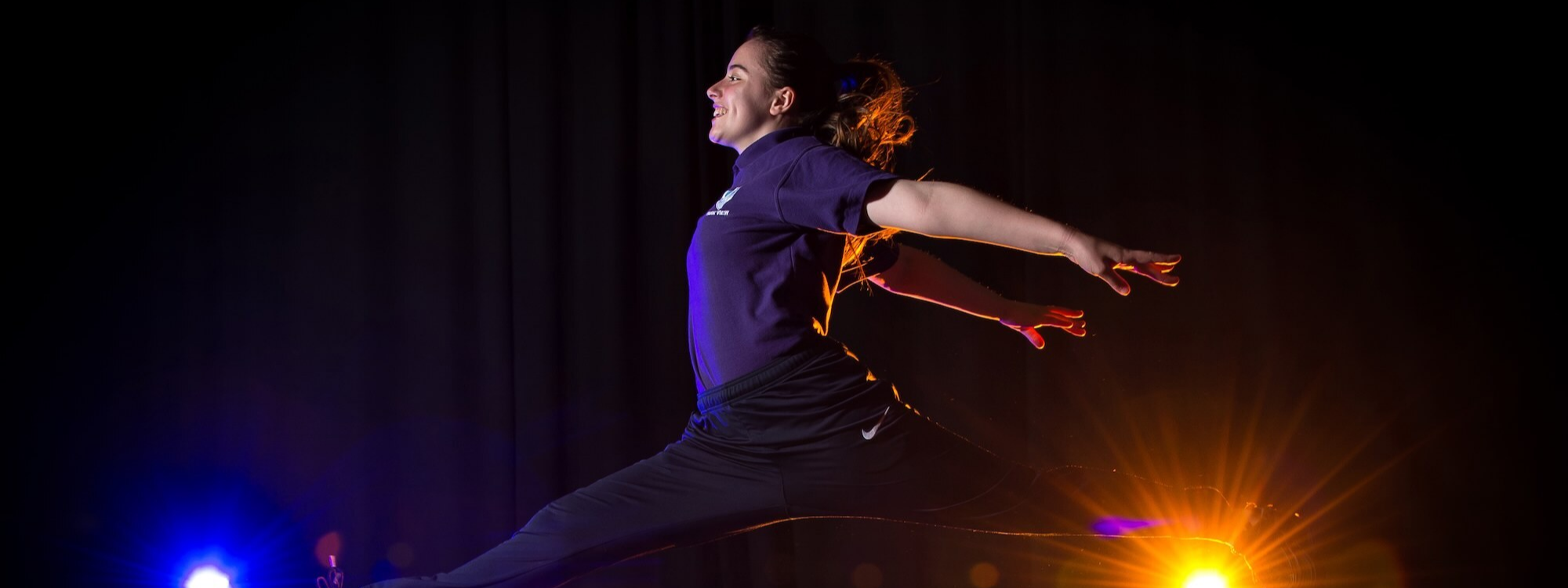- Home
- Curriculum
- Curriculum Overview
- Dance
GCSE Dance
Exam board: AQA
Course Outline:
Weightings:
- 60% non-examined assessment (NEA) – Ofqual regulation for GCSE Dance.
- 40% written.
The course consists of two components:
Component 1- All practical work:
Performance and choreography (60%) –
Performance in a duet/trio (3 to 5 mins)
Performance: Solo Performance (x2 30-second set pieces)
Choreography:
- a solo dance of a minimum of two minutes and a maximum of two and a half minutes
or
- a group dance of a minimum of three minutes and a maximum of three and a half minutes for two to five dancers.
Component 2- All Theory:
Dance appreciation (40%)
Written examination at the end of Yr 11 - (1½ hrs)
There are three sections to the written paper:
- Section A: knowledge and understanding of choreographic processes. Questions will relate to a given stimulus or starting point.
- Section B: critical appreciation of own work. Questions will relate to students’ own experience of performance, or choreography or both within the course.
- Section C: critical appreciation of professional works. Students will answer questions relating to two of six GCSE Dance anthologies studied.
Grading
1-9 Grade
Guidance on new grading system 1-9 on AQA, Ofqual/DfE websites
Extra-Curricular opportunities
We have an extensive extra-curricular Dance program at Park View School. Throughout the week, our students have the opportunity to take part in a wide range of dance clubs, activities and trips that enables them to develop their skills and subject knowledge, at the same time as having fun and taking part in something that they love.
PROGRESSION ROUTES
After studying GCSE Dance students can go on to study a range of dance related subjects such as A Level Dance, a BTEC Diploma in Performing Arts or BTEC Level 3 Tech Award in Performing Arts (Dance).
Students could them follow the rout of auditioning to become a professional dancer or study a degree in dance at university to become a teacher/ Dance practitioner.
How will this course help me with a career?
There are many professions in and outside of the dance world that require an individual to exercise the skills developed naturally through dance. Careers such as Teaching, Acting, Managerial posts, Marketing, Business, Journalism, and Fine Arts to name a few all require leadership skills, team working skills, working autonomously and most importantly “The confidence to be creative”. These skills and many more are all developed through dance.




